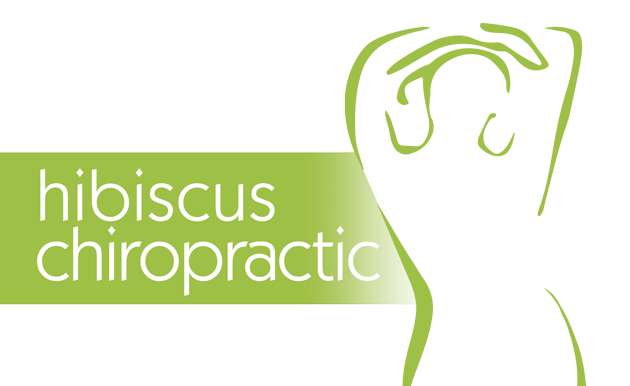In life, it’s all too easy to think about all of the things that are going wrong. Maybe you’re suffering from a heartbreak. Maybe you don’t feel happy at your current job. Maybe your plan is not going as planned.
Whatever your situation is, there’s no need to feel sad by yourself. We all have bad days and it’s completely normal to feel down every now and again. That’s totally okay.
What’s not okay, is to let yourself wallow in negative emotions. Negative thinking can actually build up and if you let be a habit, it can lead to depression, chronic stress and anxiety which can have devastating effects on your health [1]. Allowing yourself to be in this state for a long time can be a threat to your mental health, that’s why it’s a must to learn how to bounce back from all the stress and negativity.
The Role of Endorphins
A good way to minimize emotional stress is to teach your body to naturally release Endorphins. They are feel-good chemicals produced in the pituitary gland which have a wide range of benefits like boosting your mood, enhancing pleasure and numbing pain.
Luckily, there are a few things you can do to naturally boost the level of endorphins in your body. This can be done though proper nutrition, regular exercise, and getting enough sun exposure (vit D). Another natural way of getting endorphins is through regular chiropractic adjustments.
According to this study [2], scientists have found out that spinal manipulation causes a surge of beta-endorphins. When you get adjusted, your spine releases endorphins. This is the reason why adjustments feel good!
Getting regular chiropractic adjustments encourage your body to release endorphins habitually, thus allowing you to do your daily activities with less stress and a better mood. If stress regularly affects your mentality and your enjoyment of daily activities, then Chiropractic may be a good option for you.
References:
[1] Are You A Spoon Or A Bridge?
[2]Body Mind Connection. University of California Berkeley Wellness Newsletter.
[3] The Science Behind Posture and How It Affects Your Brain
[4]http://www.medicalnewstoday.com/articles/237511.php

